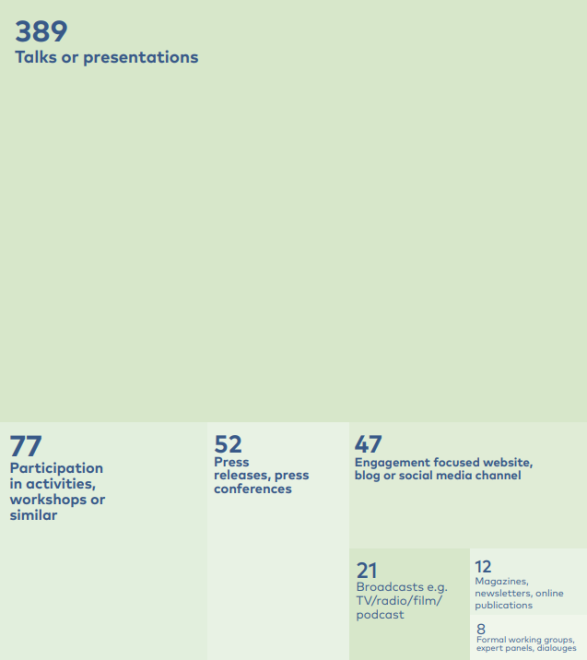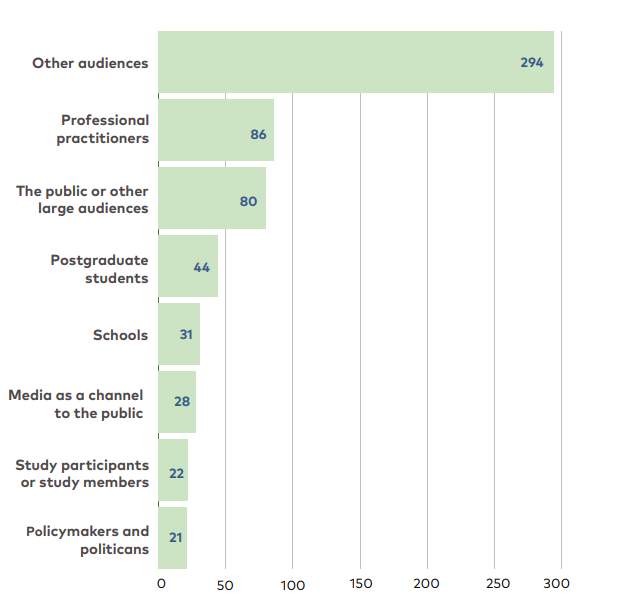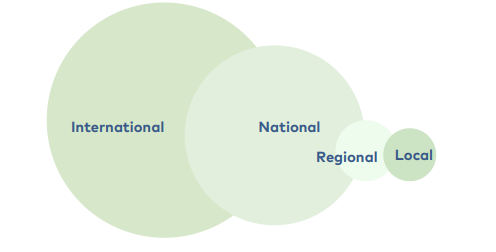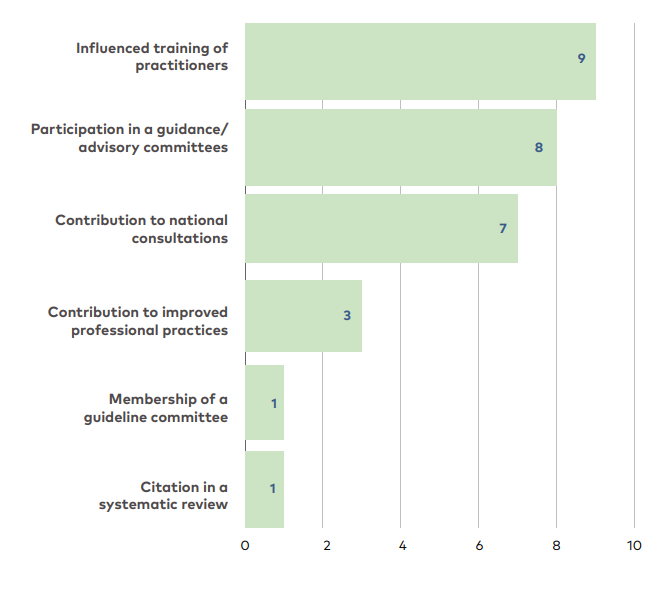QUINT’s Nordic collaboration on teaching quality has had significant impact across all Nordic countries, achieving its original goals. The centre engaged policymakers, school leaders, teachers, students, teacher educators, and the public, improving teaching practices and student outcomes well beyond initial plans. QUINT provided new insights into classroom teaching, initiated video-based professional development, tested out video-based models of teacher training, and developed infrastructures for sharing video data and supporting Open Science. Its activities contributed to knowledge-based educational policy and strengthened collaboration between researchers and practitioners.
Practitioner Engagement and Collaboration
A core objective of QUINT was to develop innovative researcher–teacher collaboration. Through professional development initiatives such as VIST, LISA PLOT, Connected Classrooms PD, and QUALE, teachers worked collaboratively with classroom videos and observation frameworks to analyze teaching practices, develop a shared vocabulary, and established continuous professional learning communities. Ongoing projects in Oslo and Reykjavik (2024–2027) exemplify promising local-scale applications of these approaches.
Video-based teacher training bridged theory and practice in teacher education. In Denmark, Iceland, and Norway, classroom videos and supporting observation manuals expanded teacher candidates’ instructional repertoires, enhanced supervision discussions, and facilitated the transfer of targeted practices such as teachers use of Feedback, Modelling, and Strategy Instruction. The Norwegian Praxis Gallery video library provides pre- and in service teachers with systematic classroom examples, supporting high-quality teacher training across the country.
Collaboration with school leaders and municipalities has also fostered systemic changes. Workshops in Copenhagen and Aalborg helped embed teaching quality frameworks at the school level, influencing institutional approaches to teacher development.
Public Debate and Dissemination
QUINT researchers actively contributed to public discussion on teaching quality. They participated in political events across the Nordics, engaged with teacher unions, contributed to national forums with policymakers, teachers, parents, and the public, and disseminated findings through podcasts (65,000 downloads), media appearances, and short educational videos.
Dissemination activities by type

Dissemination activities by primary audience

Dissemination activities by georaphical reach

Policy influence
QUINT played a key role in shaping Nordic education policy, participating in over 600 presentations and serving as experts in national discussions and committees on topics including reading, teaching quality, gender equality, curriculum renewal, multilingual education, and teacher education. Notable examples include the National Conference on Teaching Quality in Iceland (2023), appointments to the Swedish Expert Panel for Reading, and contributions to Danish curriculum renewal. QUINT’s COVID-19 research further informed Nordic policy through webinars and expert consultations with ministries and teacher unions.
Policy influence by type

Policy recommendations
Based on QUINT’s research, key recommendations include:
- Promote evidence-based professional development programs, particularly videobased approaches like VIST and LISA PLOT.
- Support researcher–teacher collaboration models through joint seminars, workshops, and resources.
- Encourage video-based teacher education via digital libraries and observation frameworks to bridge theory and practice.
- Increase focus on teaching quality frameworks to ensure evidence-based, observable, and transferable practices.
- Strengthen multilingual classroom practices to align policy ambitions with actual teaching.